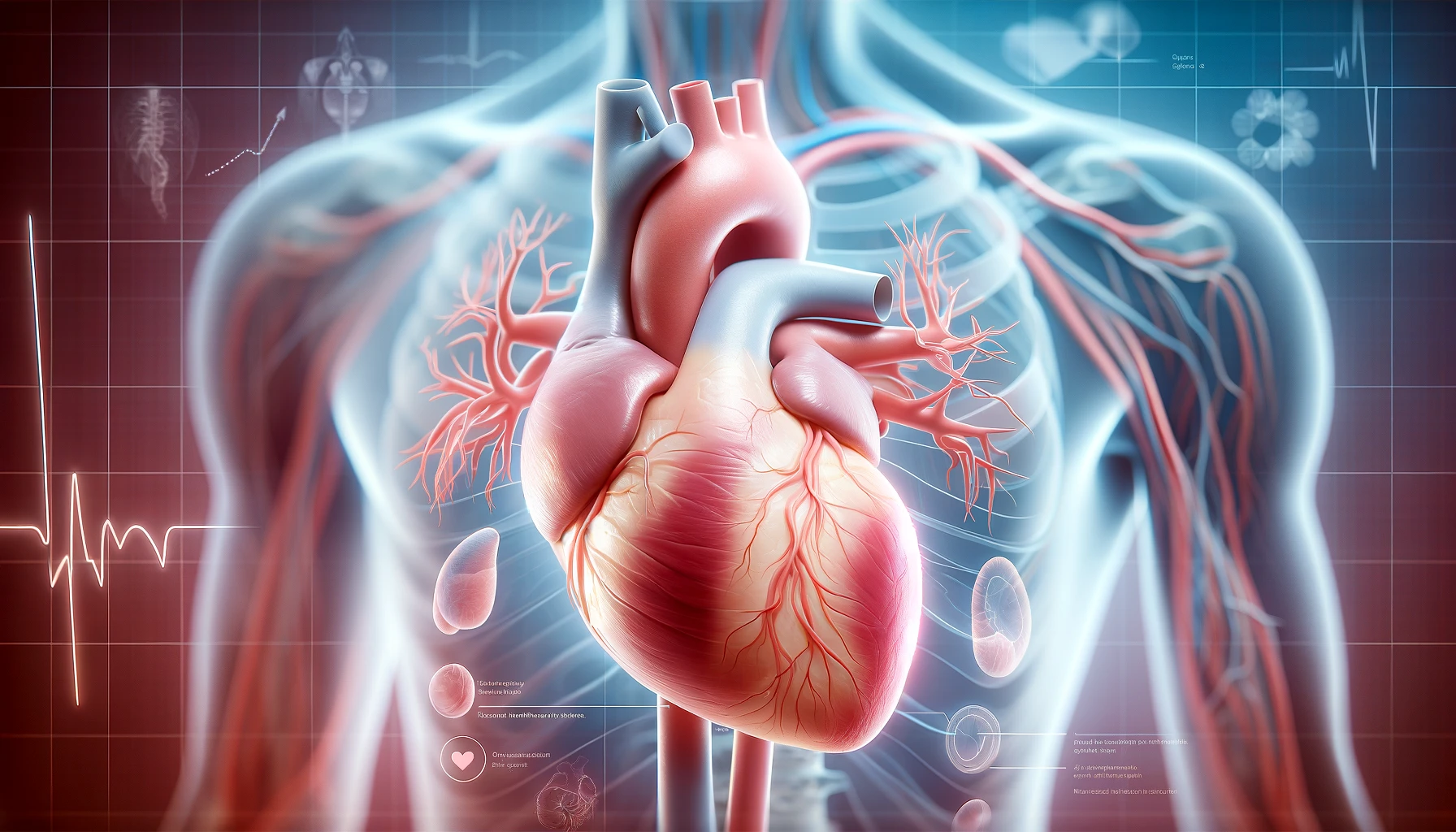Heart disease is the leading cause of death in the United States. It has been for many years and doesn’t really show signs of being replaced. The first step in preventing heart disease is arming yourself with the facts. You should know:
- What heart disease is
- What the symptoms look and feel like
- Your personal risk of heart disease based on genetics and other risk factors
To help you on the path to preventing heart disease, Dr. Rishin Shah of Prime Heart and Vascular, with locations in Plano, Frisco, and Allen, Texas discusses the types of heart disease, the symptoms, and how to tell if you’re at risk.
What exactly is heart disease, anyway?
“Heart disease” is an umbrella term that covers a range of diseases that affect the health and function of your heart. It’s not quite the same as cardiovascular disease, which refers to any disease affecting your blood vessels and circulatory system in addition to your heart, whereas heart disease refers to conditions directly affecting your heart.
There are many types of heart diseases. Some of the most common include:
- Coronary artery disease
- Arrhythmia
- Myocardial infarction (heart attack)
- Heart failure
- Congenital heart disease
Some types of cardiovascular disease, by contrast, include high blood pressure and peripheral artery disease.
Symptoms of heart disease
It can be tough to know if you have heart disease. In fact, some symptoms of heart disease — heart attacks in particular — often go ignored and thus undiagnosed. Common symptoms of heart disease include:
- Chest pain or tightness
- Pressure or discomfort in the chest
- Shortness of breath
- Fluttering in your chest, or feeling like your heart skips beats
- Pain in your neck, jaw, shoulders, upper back, or upper abdomen
- Fast heartbeat
- Lightheadedness or dizziness
- Fainting
- Easily tiring during physical activity
- Weakness or fatigue
If you’ve been experiencing any of those symptoms, especially breathlessness, chest pain, or fainting, you should visit Dr. Shah as soon as possible.
Know your risk of heart disease — the importance of family history
Your family medical history can tell you a great deal about your risk of all types of heart disease. The Centers for Disease Control and Prevention reports that genetics probably do play a role in your likelihood of developing heart disease, but it’s also very likely that family members who have the same type of heart disease share behaviors and habits that increase their risk for heart disease.
For example, if your parents eat a diet high in saturated fats, trans fats, and processed foods, there’s a good chance you grew up eating that kind of diet, too. Even if you changed your diet as an adult, years of eating a high-fat diet can affect your risk for heart disease. Your risk increases, even more, when genetic factors and poor heart health habits are combined.
Congenital heart disease is another story: This type of heart disease is explicitly hereditary and is present at birth. Also called congenital heart defects, these heart problems are either diagnosed during the mother’s pregnancy or shortly after birth.
If you’re not sure about your risk of heart disease, it’s never a bad idea to get screened by a doctor. Call Dr. Shah at (972) 295-7017, or request an appointment via our online tool.





